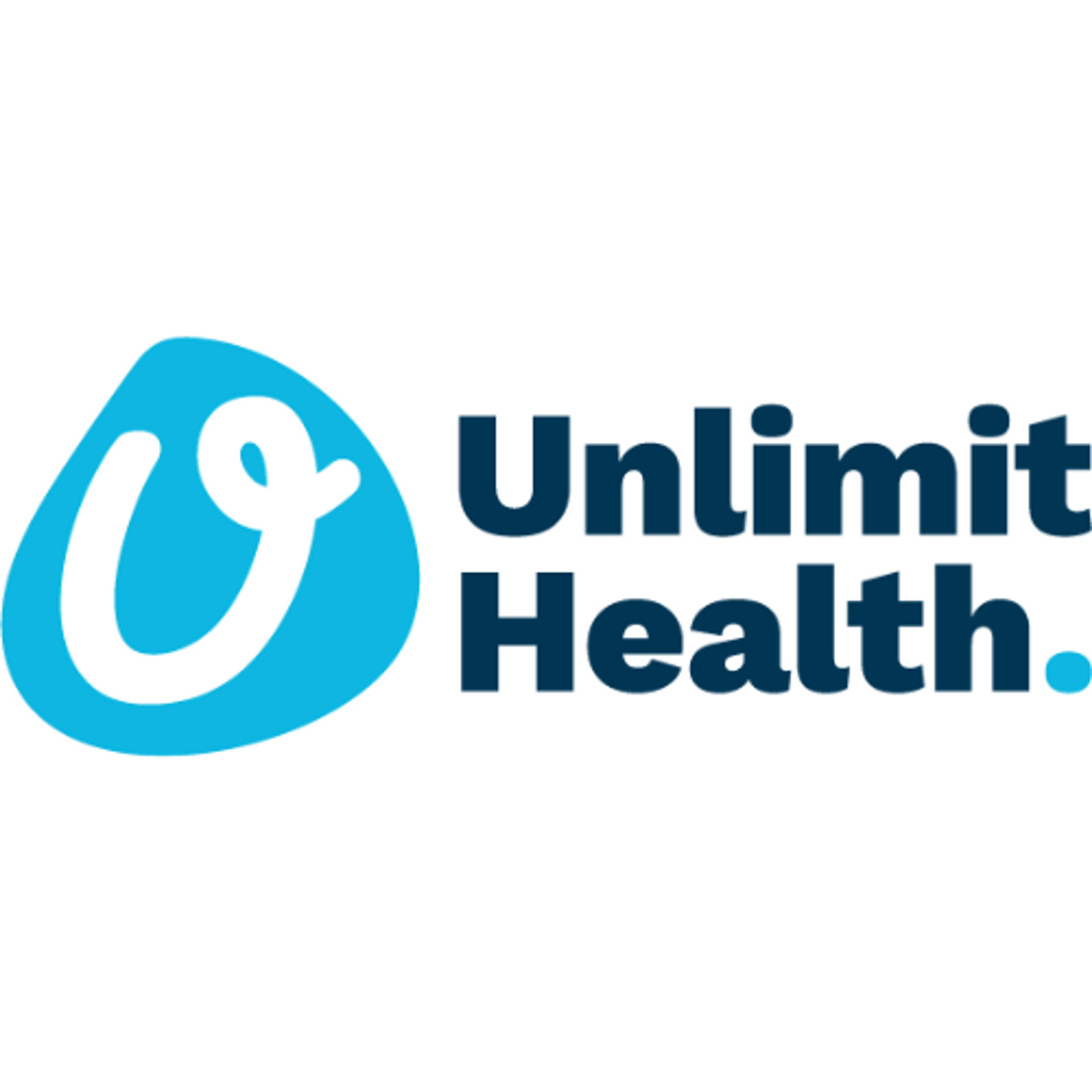
Unlimit Health
Deworming Program
The Deworming Program prevents parasitic infection and seeks to build resilient systems for good health by supporting schistosomiasis deworming programs in low-income countries and partnering with ministries of health to support country-owned solutions.
What problem is Unlimit Health working on?
Unlimit Health focuses on the elimination of neglected tropical diseases (NTDs), specifically parasitic worm infections.
NTDs affect over one billion people in the world’s poorest and most marginalised communities. Parasitic worm infections can have a hugely detrimental effect on individuals, including:
- Reduced productivity
- Internal organ damage
- Impaired child development
- Reduced school attendance
- Increased risk of HIV in women
- Infertility
According to Unlimit Health, in 2021, only 30% of people needing treatment for the parasitic disease schistosomiasis globally received it — meaning that more than 175 million people at risk from parasitic disease did not receive treatment.
What does Unlimit Health do?
Unlimit Health works to build resilient systems that sustain good health by sharing evidence and expertise to end preventable parasitic infections in affected communities. It works across multiple sectors in numerous countries to deliver effective and robust health programmes that have a lasting impact, including:
- Providing support for evidence-based disease elimination, including mass deworming treatment programmes
- Strengthening cross-sector health systems.
- Building collaborative partnerships.
Its 2023–2028 strategy is aligned with the UN Sustainable Development Goals.
Unlimit Health reports that it delivered 28 million treatments to 19 million people in 2023–2024, and states that just £1 can help deliver treatment for up to three people. In 2024–2025, it plans to support treatments for tens of millions of people in nine partner countries — in particular, focusing on broadening access to treatment to include groups not adequately covered by mass treatment campaigns, such as pre-school children and women of reproductive age.
What information does Giving What We Can have about the cost-effectiveness of Unlimit Health?1.
We previously included Unlimit Health as one of our recommended charities based on the recommendation of the impact-focused evaluator Founders Pledge. Some other information relevant to Unlimit Health’s cost-effectiveness is:
- Unlimit Health was one of GiveWell’s top-rated giving opportunities from 2011 to 2022 (under its previous name, SCI Foundation). GiveWell’s decision to no longer recommend it was not based on any shift in thinking about the programme, but rather a change in its top charity criteria. (See more about GiveWell’s decision.) GiveWell has continued to fund Unlimit Health via its All Grants Fund.
- Open Philanthropy has awarded several grants to Unlimit Health (under the name SCI Foundation), including over $3 million USD in 2021, which is an indicator of its cost-effectiveness.
- Some research shows that deworming has positive effects on improved life outcomes like school attendance and income earnings. There is also some uncertainty surrounding findings that link deworming programmes to improved life outcomes — see GiveWell’s in-depth report on the case for mass deworming.
We’ve since updated our recommendations to reflect only organisations recommended by evaluators we’ve looked into as part of our evaluator investigations and decided to rely on; as such, we don't currently include Unlimit Health as one of our recommended programs but you can still donate to it via our donation platform.
At Giving What We Can, we focus on the effectiveness of an organisation's work -- what the organisation is actually doing and whether their programs are making a big difference. Some others in the charity recommendation space focus instead on the ratio of admin costs to program spending, part of what we’ve termed the “overhead myth.” See why overhead isn’t the full story and learn more about our approach to charity evaluation.